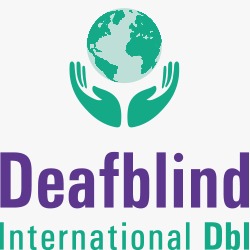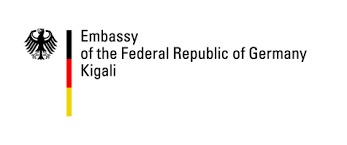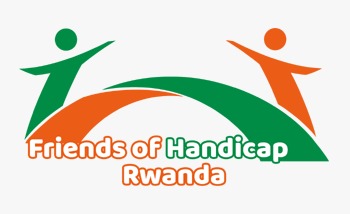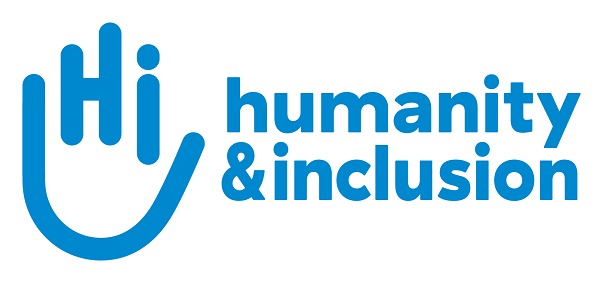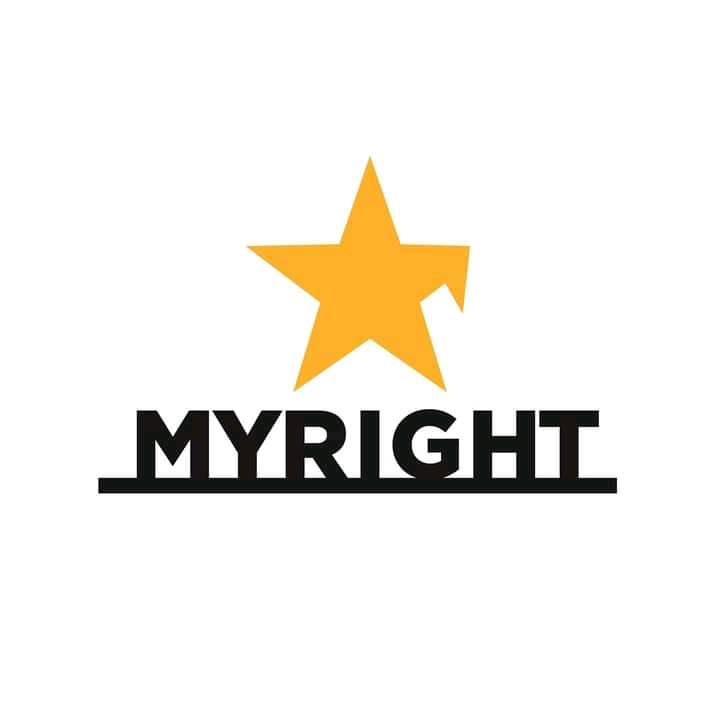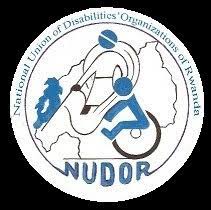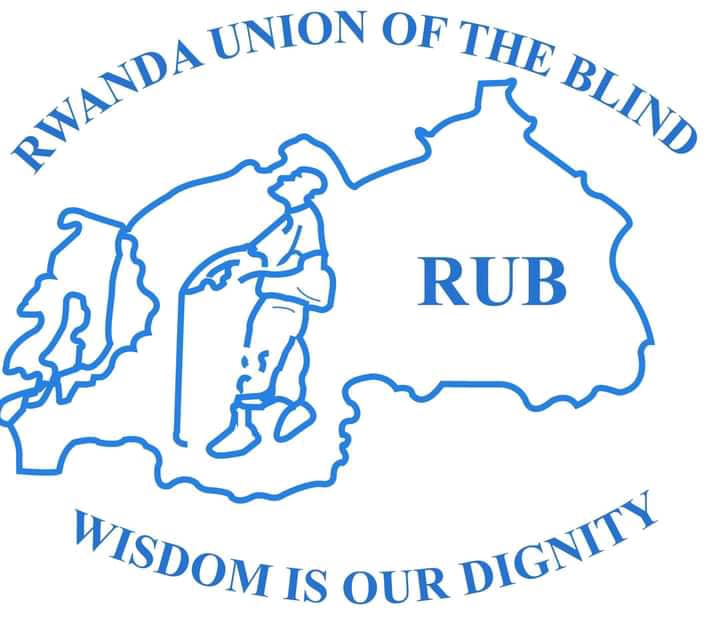- Welcome to Rwanda Organization of Persons with deaf Blindness
Ended Projects
Project Overview The Capacity Building for Tactile Sign Language Interpreters project aimed to enhance the
professionalism and effectiveness of tactile sign language interpreters through targeted training,
mentorship, and resource development. The project ran for 12 months from 2021 to December 2021 and was
funded by Germany Embassy. The project was implemented by the Rwanda Organization of Persons with
Deaf-Blindness itself.
Objectives
- To provide specialized training to tactile sign language interpreters to improve their skills and competencies.
- To establish a network of mentorship and support for tactile sign language interpreters.
- To develop and disseminate resources and best practices for tactile sign language interpretation.
Activity
- ROPD has provided training Workshops for more than 22 tactile sign language interpreters for five days of tactile sign, language interpreters on tactile sign language interpretation techniques, including communication strategies, spatial awareness, vocabulary development, and deaf-blind communication to facilitate training sessions, and facilitated on the topic of ethics, professionalism, and cultural sensitivity in interpretation.
Mentorship
- Through the project, the Organization Paired novice interpreters with experienced mentors to provide guidance, feedback, and support, Facilitated regular meetings and communication between mentors and mentees to exchange knowledge and experiences, Organized peer learning sessions and case studies to enhance skill development and problem-solving abilities.
Resource development
- The organization Created a comprehensive training manual and toolkit for tactile sign language interpreters, including guidelines, exercises, and reference materials, Produced instructional videos and online resources on various aspects of tactile sign language interpretation and the organization was looking at how to Develop a directory of qualified tactile sign language interpreters and referral networks for service providers and individuals in need of interpretation services.
Outcomes
- Enhanced skills and competencies
- Participating interpreters reported improvements in their tactile signing skills, confidence, and ability to effectively communicate with deaf-blind individuals.
- Increased knowledge of ethical standards, cultural competence, and professional conduct among interpreters in Rwanda.
- Strengthen the network of supports
- The mentorship program facilitated meaningful connections between interpreters and provided valuable guidance and encouragement.
- Participants expressed appreciation for the peer support and collaborative learning environment fostered by the project.
- Increased Accessibility of Services
- The availability of trained and competent tactile sign language interpreters increased access to communication and information for deaf-blind individuals in various settings, including educational, vocational, and social environments.
- Service providers and organizations benefited from improved interpretation services, leading to better inclusion and participation of deaf-blind individuals in their programs and activities.
- Challenges we have faced
- Limited Resources: The project faced challenges in securing adequate funding and resources for training workshops, materials, and ongoing support.
- Recruitment of Mentors: Identifying qualified mentors with experience in tactile sign language interpretation in Rwanda proved to be a challenge, particularly in certain geographic areas.
- Sustainability: Ensuring the sustainability of the project outcomes and continued professional development of interpreters beyond the project duration remains a concern.
The Capacity Building for Tactile Sign Language Interpreters project made significant
strides in
enhancing the professionalism and effectiveness of interpreters working with deaf-blind
individuals. Through targeted training, mentorship, and resource development, the project
contributed to improving access to communication and information for deaf-blind individuals
and
fostering greater inclusion and participation in society. Moving forward, efforts must be
made
to sustain and expand upon the project's achievements to further support the needs of
deaf-blind
individuals and promote their rights and well-being.

